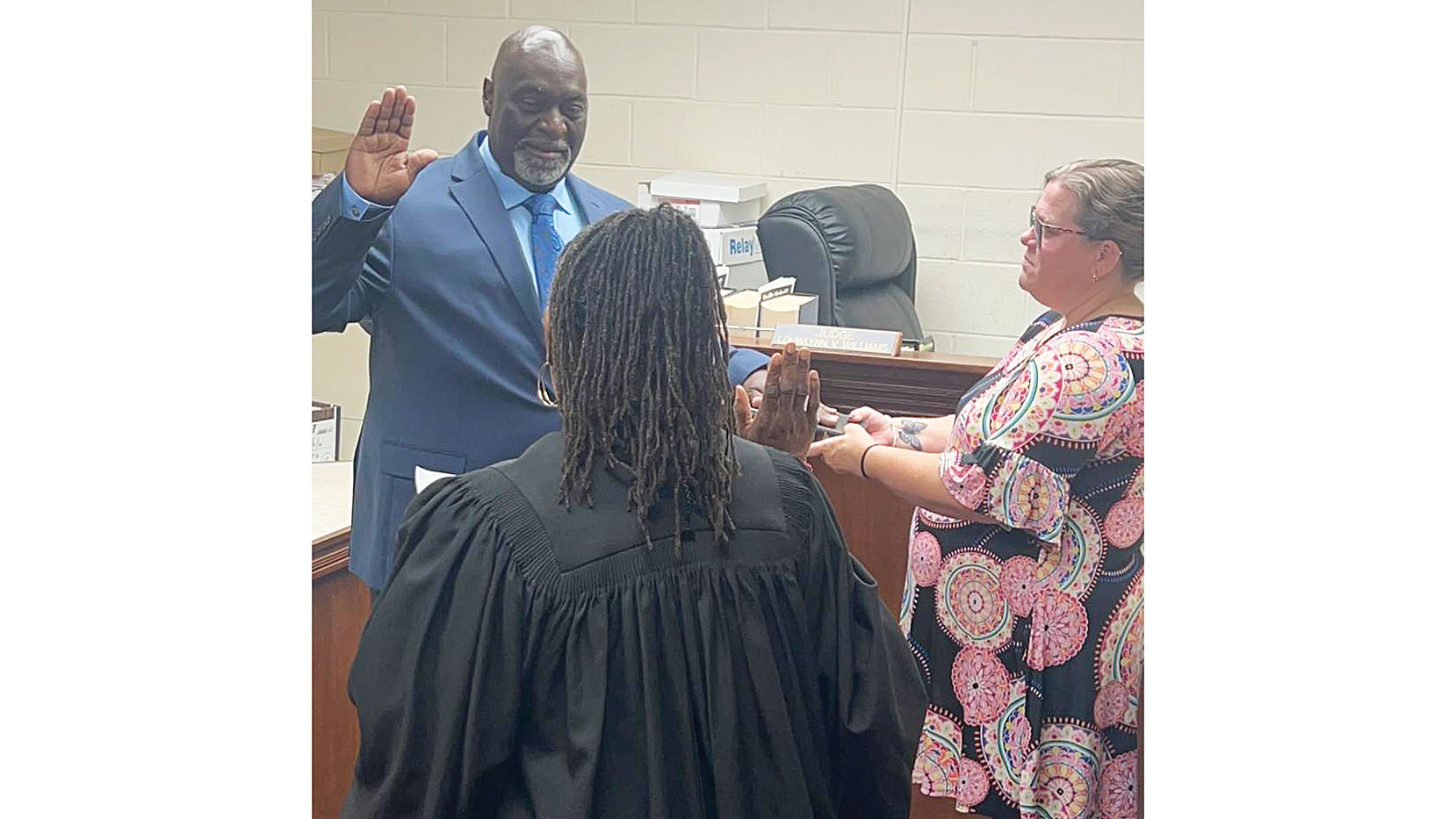State cuts lead to Co-Lin fee increases
Published 10:17 am Tuesday, May 9, 2017
The Copiah-Lincoln Community College Board of Trustees made the decision to raise student tuition and fees during its monthly meeting on the Wesson campus. The increase comes as the community college system appropriation from the Mississippi legislature was reduced by $28 million or approximately 10 percent. Co-Lin’s portion was reduced by $1.2 million.
Co-Lin President Ronnie Nettles said that all 15 of the state’s community colleges are considering tuition increases.
“It’s a necessity,” said Nettles. “We don’t want to, but in order to keep providing the service, training, and instruction our students deserve, we need to do this.”
Beginning in the fall 2017 semester, tuition for full-time students will be $1,400 per semester, an increase of $205. Part-time tuition will be $140 per semester hour, an increase of approximately $20 per semester credit hour.
Students living on campus in Wesson will also see their housing fees and meal tickets increase only $25 per semester.
“We will still be among the bottom third of the community colleges in tuition and fees in the state,” Nettles said.
In addition, there will be a $50 program fee for selected Career and Technical programs and some of the higher-cost career and technical programs will be charged a $75 fee.
“These instructional programs are effective and they have high job placement rates for students, but they are expensive to operate,” Nettles said. “The fee will help offset some of the expenses.”
Other student fees that will see an increase include technology fee, student services fee, MSVCC/online and dual enrollment.
Since July 1, 2016, there have been four budgets cuts made by the governor and state appropriation for the community college has been reduced approximately $770,000.
“We adjusted to those cuts in our appropriation by reducing spending, freezing vacant positions, and using our limited financial reserves,” Nettles said. “It has been a difficult year financially, but we succeeded in making cuts and not directly affecting our students, instruction, or the operation of the college.”
“The only item to increase in the budget was student scholarships. The total scholarship budget now exceeds $1.5 million. When tuition increases, tuition based scholarship expenses also increase,” Nettles added. “The college will be evaluating the scholarship policies and procedures to ensure that we are making the best use of institutional scholarships and leveraging them to help the largest number of students possible.”





